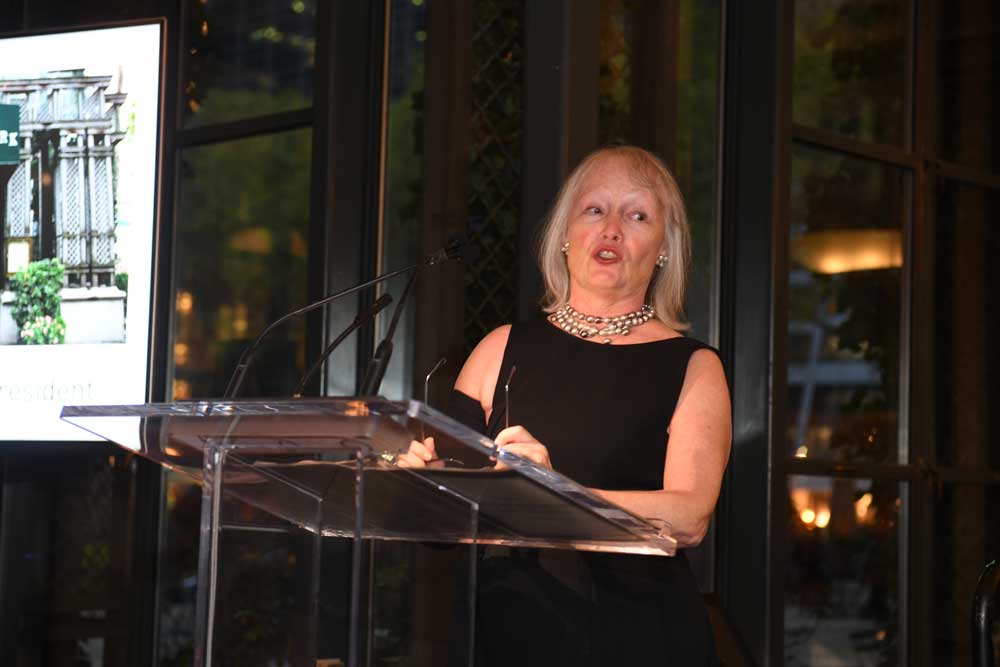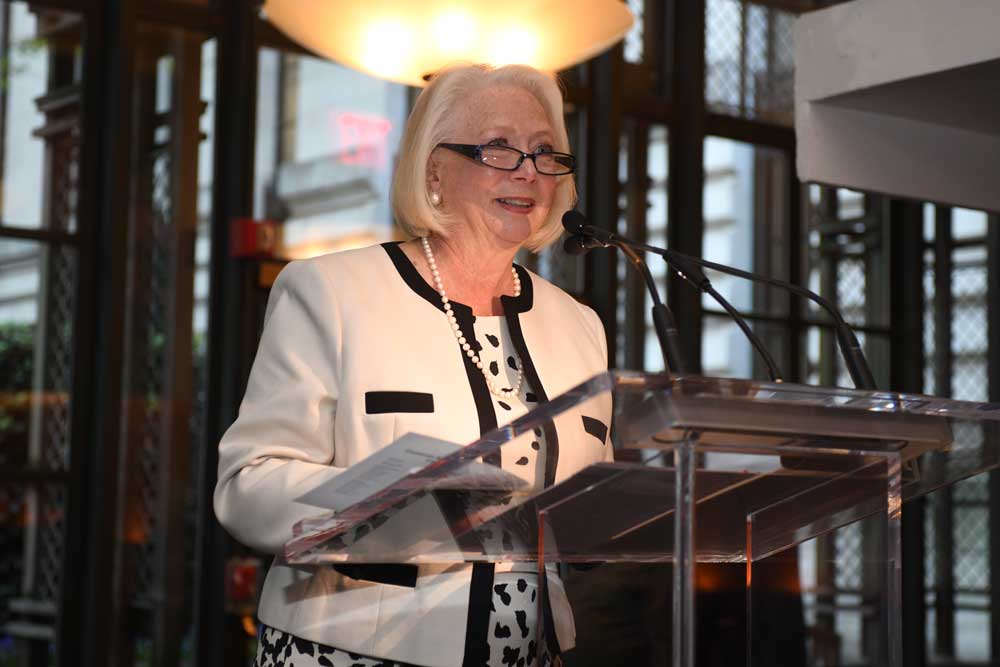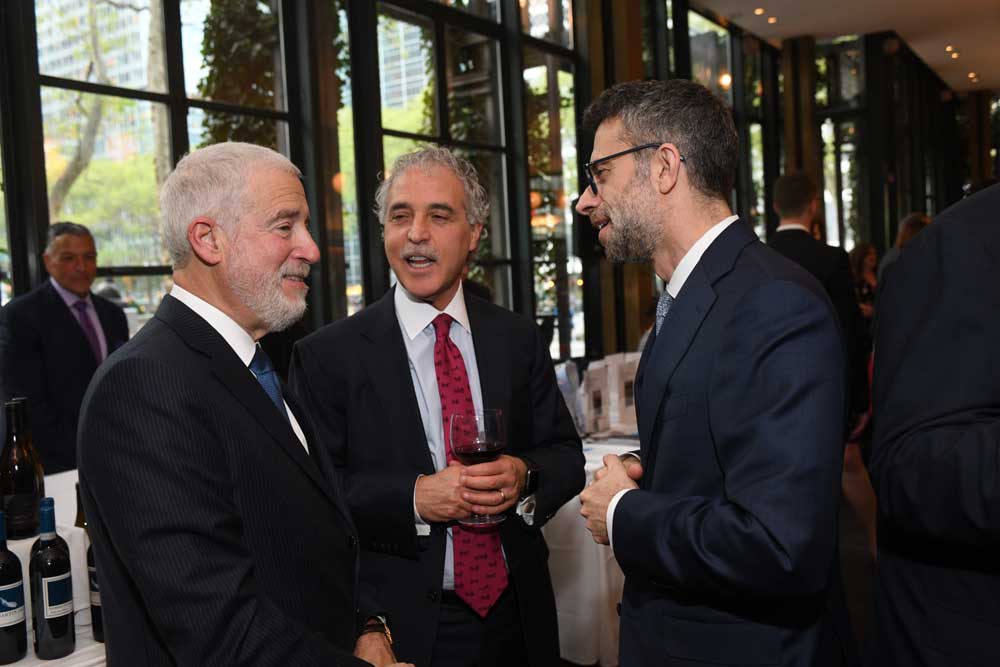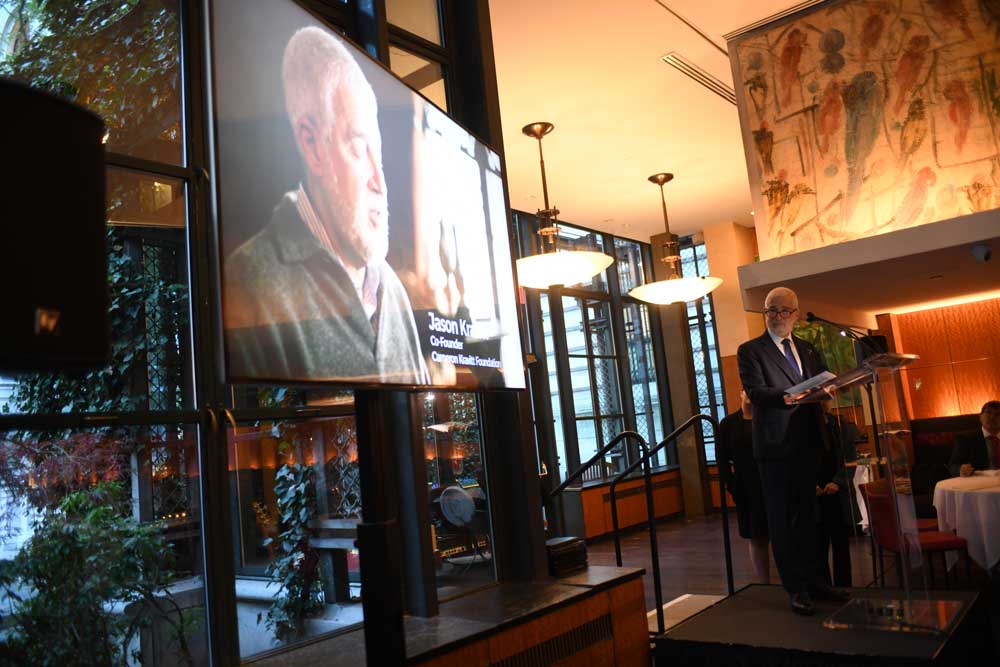Learn more about CKF activity at Weill Cornell Medical College
In 2006, building upon the program begun at Johns Hopkins Children’s Center, the Pediatric Residency program at New York-Presbyterian Hospital -Weill Cornell incorporated the Cameron Kravitt Foundation Death and Bereavement Seminar into the curriculum for second year pediatrics residents. Communication skills training has always been an important part of our program. However, when we were approached by the team from Johns Hopkins and the Cameron Kravitt Foundation, we quickly recognized the opportunity to enhance our educational program by both expanding our curriculum and importantly adding a component of “practice” or experiential learning about delivering the news of death to a family. In addition, this curriculum added important opportunities to learn about the care of the patient and family at the time surrounding a patient’s death. This information is important for the trainees to bring back and incorporate into their conversations with families, e.g. understanding hospital resources and understanding support services for siblings.
Lastly, as we are well aware, the death of a child is not only tragic to the family but often has effects on the care team. We end our day-long program with a session with a psychiatrist focused on the residents discussing and learning about caring for themselves. Building resilience and well-being clearly allows providers to not only to take better care of themselves, but also allows them to take better care of their patients.
Through the generous support of the Cameron Kravitt Foundation, we have trained over 160 residents. Our faculty, including pediatricians and psychiatrists, and hospital staff, including nurses, social workers, child life therapists, chaplains, and the NY organ donor network have generously given of their time to participate in these sessions. Their support has been essential to the success of this program. Lastly, the family members who have shared their stories of grief with us have been instrumental in positively impacting the practice of many young physicians.





